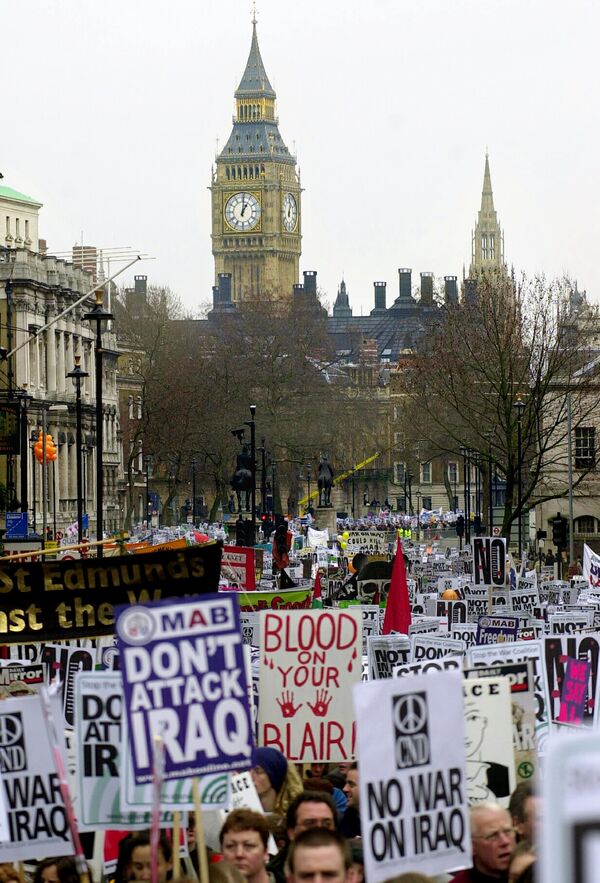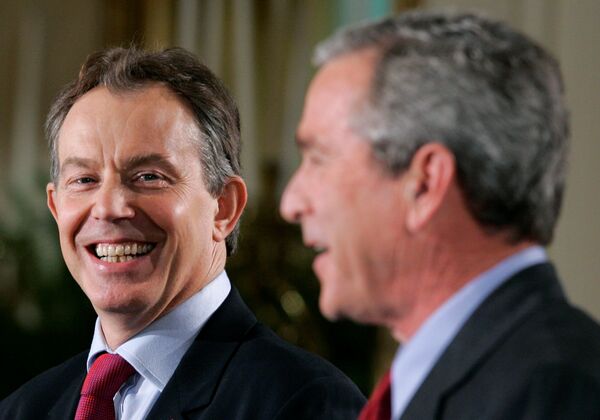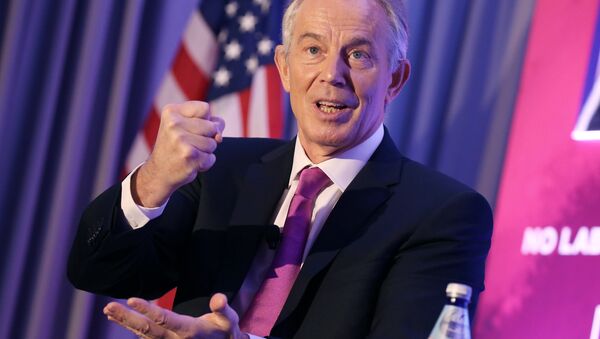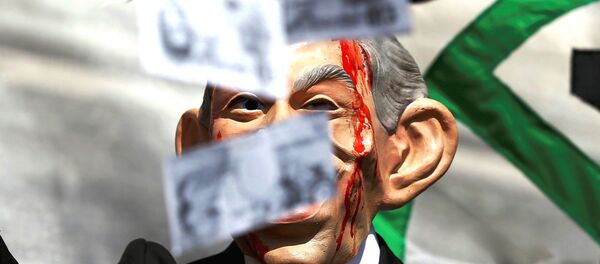Lord Chief Justice Thomas of Cwmgiedd and Justice Duncan Ouseley will review the November 2016 decision Wednesday, July 5. The ruling stated Blair was immune from prosecution, as any case against him could involve details covered under the draconian Official Secrets Act being disclosed.
The private prosecution was brought by Abdul-Wahid Shannan ar-Ribat, exiled former Chief of Staff of the Iraqi army, backed by Michael Mansfield QC and Imran Khan, famous for his pivotal role in the Stephen Lawrence case.
It charged the conflict was a war of aggression, and called for a summons to be issued against Blair, Jack Straw and Lord Goldsmith, Foreign Secretary and Attorney General in 2003 respectively.
Then Attorney General Jeremy Wright MP upheld the ban, on the basis wars of aggression are not illegal under English law. His successor, Attorney General Jeremy Wright QC, likewise wants to block proceedings, and is expected to make the same argument.
However, this stance was directly undermined by Goldsmith himself — in a memo on the legality of the war dispatched a fortnight before the invasion, Goldsmith acknowledged wars of aggression were a crime "under customary international law" which "automatically" forms part of domestic law in every country in the world.

While the action is private, crimes against peace can be prosecuted in International Criminal Court. The Rome Statute, which came into force in 2002 and established the ICC, determines (Article 5.2) the Court exercises jurisdiction over such offenses.
"To initiate a war of aggression, therefore, is not only an international crime. It is the supreme international crime differing only from other war crimes in that it contains within itself the accumulated evil of the whole," the Nuremberg Trials ruled.
The notorious Downing Street memo, a record of a meeting in July 2002, perhaps inarguably demonstrated Blair and others knew the decision to invade Iraq had been made long before its justification was determined.
In it, Sir Richard Dearlove, then-Director of MI6, told Blair and others that in Washington, "military action was now seen as inevitable."
"Bush [wants] to remove Saddam, through military action, justified by the conjunction of terrorism and WMD. But the intelligence and facts [are] being fixed around the policy," he said.
Straw added the case for the war was "thin."
"Saddam is not threatening his neighbors, and his WMD capability is less than that of Libya, North Korea or Iran. We should work up a plan for an ultimatum to Saddam to allow back in the UN weapons inspectors. This would also help with the legal justification for the use of force," the then-Foreign Secretary said.
Lord Goldsmith said there were only three "possible legal bases" for launching a war — self-defense, humanitarian intervention, or via United Nations Security Council authorization — and the first and second "couldn't be the base in this case."

"The parties to any dispute, the continuance of which is likely to endanger the maintenance of international peace and security, shall, first of all, seek a solution by negotiation, enquiry, mediation, conciliation, arbitration, judicial settlement, resort to regional agencies or arrangements, or other peaceful means of their own choice," it states.
Blair, Goldsmith and Straw will not appear in court — although they may well be preparing their defenses in any event. According to a detailed investigation conducted by an independent commission established by the government of the Netherlands, the invasion was a clear breach of international law.
The commission found UN resolution 1441 "cannot reasonably be interpreted" as authorizing member states to use military force to compel Iraq to comply with the Security Council's resolutions.




